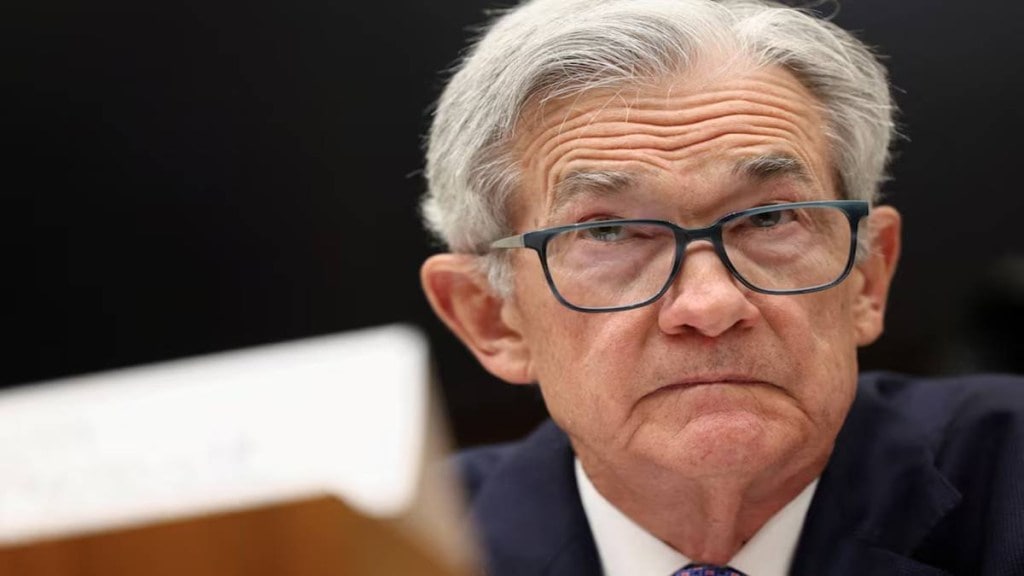Federal Reserve Chair Jerome Powell is under intense scrutiny following allegations that he misled Congress about the true nature of a $2.5 billion renovation project for the central bank’s Washington, D.C. headquarters. Critics are calling for Powell to be censured, accusing him of downplaying or outright denying luxury upgrades detailed in official planning documents. The controversy comes at a politically sensitive moment, with President Donald Trump also pressuring Powell to cut interest rates amid a turbulent economy.
Powell denies lavish amenities under oath
According to New York Post, during a Senate Banking Committee hearing last week, Powell dismissed concerns raised by lawmakers about the costly renovation of the Fed’s Eccles Building. He labeled reports of extravagant features, including private dining rooms, rooftop gardens, and marble finishes, as “misleading and inaccurate.” “There’s no VIP dining room, there’s no new marble. There are no special elevators,” Powell stated. “There are no new water features, there’s no beehives, and there’s no roof terrace gardens.”
However, official planning documents filed with the National Capital Planning Commission in 2021, documents that have not been amended, directly contradict Powell’s testimony. The filings explicitly reference “vegetated roof terraces,” restoration of “private dining rooms” on the fourth floor, “new marble” finishes, and an extension of the governors’ private elevator to reach the executive dining suite.
Experts call for senate censure
Andrew T. Levin, a former Fed advisor and current economics professor at Dartmouth College, has called on Congress to take action against Powell. “A top Fed official cannot be permitted to make false statements under oath at a congressional hearing,” Levin said. “Such statements must be promptly corrected and, in egregious cases, subject to censure by the Senate.”
The renovation’s ballooning cost, originally pegged at $1.9 billion, has now surged to $2.5 billion, a 30% increase. Powell appeared to brush off concerns over the cost, saying only that “the cost overruns are what they are.” Sen. Tim Scott (R-SC), chair of the Senate Banking Committee, compared the project to the opulence of the “Palace of Versailles,” criticising it as a misuse of federal funds during a time of economic uncertainty.
Adding fuel to the fire is the timing of the controversy. The Federal Reserve is currently operating at a loss, reporting $114.6 billion in red ink for 2023. Its total losses over the past three years stand at $233 billion, an unprecedented financial position for the central bank.
The Fed insists that these losses do not hinder its operational capabilities, but critics argue they should call into question extravagant spending. The Fed’s revenue shortfall emerged as interest costs on reserves soared past its earnings on bond holdings, largely due to Powell’s own rate hikes aimed at controlling inflation during the Biden administration. The result: the Fed is no longer transferring profits to the U.S. Treasury, impacting public budgets for defense, education, and healthcare.
The Eccles Building controversy is fast becoming a political flashpoint. Powell is facing pressure from multiple sides, Trump is urging interest rate cuts, lawmakers are demanding transparency, and watchdogs are warning of a breach of public trust.
While JPMorgan’s new $3 billion Manhattan headquarters may offer some context on renovation costs, the optics of luxury spending at a taxpayer-backed institution are proving hard to defend, especially as average Americans continue to feel the pinch of high interest rates and economic uncertainty.

